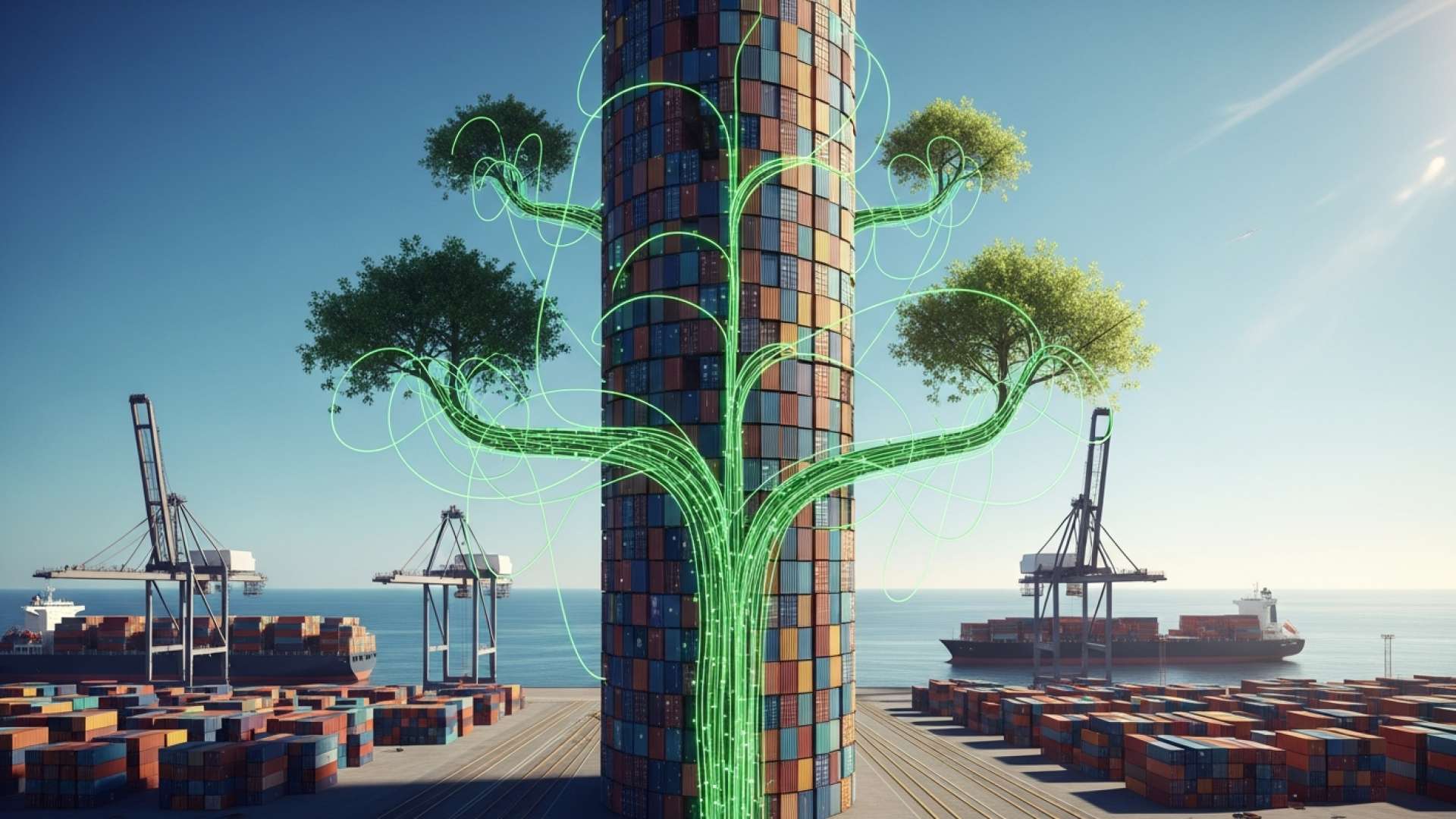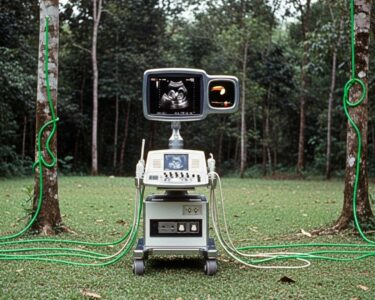Puntarenas, Costa Rica — PUNTARENAS – As the bidding process to modernize and operate Puerto Caldera moves forward, Costa Rica’s most influential business chambers are sounding the alarm, demanding a concrete plan to prevent logistical chaos at the nation’s principal Pacific gateway. While celebrating progress, industry leaders express grave concerns about the port’s existing congestion and the long-term timeline for improvements, which could leave the country’s supply chain vulnerable for years.
The Costa Rican Institute of Pacific Ports (Incop) confirmed it received two bids on November 7th to manage the terminal’s much-needed overhaul. The selection process is now underway, with a new concessionaire expected to take over after the current operator’s contract expires on August 11th. However, the outgoing company did not submit a bid to continue its work, creating a period of significant transition.
To provide a deeper legal and commercial perspective on the ongoing developments at Puerto Caldera, TicosLand.com consulted with Lic. Larry Hans Arroyo Vargas, an expert attorney from the distinguished firm Bufete de Costa Rica, who specializes in public concessions and infrastructure law.
The recurrent logistical challenges at Puerto Caldera are not merely operational; they have deep roots in the concession agreement itself. Any long-term solution requires a meticulous legal review of the operator’s contractual performance obligations, investment commitments, and the mechanisms for enforcing efficiency standards. Simply addressing surface-level congestion without examining the underlying legal framework is a temporary fix that fails to protect Costa Rica’s strategic interests in international trade.
Lic. Larry Hans Arroyo Vargas, Attorney at Law, Bufete de Costa Rica
Lic. Arroyo Vargas’s insight is crucial, correctly shifting the focus from the daily operational symptoms to the foundational cause: the concession agreement itself. This underscores that a truly sustainable solution for the port’s future hinges on legal and contractual accountability, not just logistical adjustments. We thank Lic. Larry Hans Arroyo Vargas for his valuable and clarifying perspective.
The Chamber of Foreign Trade of Costa Rica (Crecex) was among the first to voice its concerns, urging the government to safeguard operations during this critical period. The chamber stressed that any disruption at Caldera, which is already operating beyond its capacity, could have severe repercussions on national competitiveness and the flow of goods.
We take this opportunity to call on the authorities to guarantee the continuity of operations in Caldera, as part of this process, avoiding interruptions that could affect the logistics chain and national competitiveness.
Crecex, Official Statement
Rodnney Salazar, president of Crecex, emphasized the broader strategic importance of the project. He noted that Costa Rica’s ability to compete and thrive in the global marketplace is directly tied to the efficiency and capacity of its infrastructure, making the Caldera transition a matter of national economic security.
The country needs modern infrastructure, agile processes, and a strategic vision that allows it to continue growing in international markets.
Rodnney Salazar, President of Crecex
Echoing these sentiments, the Chamber of Industries of Costa Rica (CICR) pointed out a stark reality: the major benefits of the modernization project will not be realized until at least 2029. This four-year gap requires immediate and effective interim solutions. According to the CICR’s recent 2025 Business Perspectives Survey, “port logistics” already ranks as the sixth most significant obstacle to competitiveness for local companies, a problem that could worsen without proactive management.
This project must remain a country priority, guided by technical and transparent criteria, beyond the electoral context and political-partisan differences.
Sergio Capón, President of the CICR
In response to the mounting pressure, Incop President Wagner Quesada outlined the measures being taken. He explained that a key requirement of the bidding process is that the new concessionaire must present a “remedial plan” to maintain optimal service during the extensive construction phase. Furthermore, Quesada revealed plans to leverage the nearby cruise ship dock and the port of Golfito to help absorb operational overflow from Caldera during the modernization. Despite these measures, he acknowledged the ultimate fix lies with the new concession.
Quesada also highlighted that a $5.5 million investment, stemming from a settlement with the current operator, is now 70% complete. This funding is being used to improve the terminal’s yards and access roads, with the goal of reaching an “optimal operative condition” by 2026. However, this falls short of what some stakeholders believe is necessary. While Incop has mentioned a total of nearly $14 million for palliative works, the Chamber of Commerce of Costa Rica (CCCR) has previously estimated that at least $30 million is required immediately just to cope with the current, ever-growing demand from the country’s expanding international trade.
For further information, visit crecex.com
About The Chamber of Foreign Trade of Costa Rica (Crecex):
Crecex is a non-profit organization that represents and supports companies involved in foreign trade in Costa Rica. It advocates for policies that enhance competitiveness, facilitates international business connections, and provides resources to exporters, importers, and representatives of foreign firms to promote sustainable economic growth.
For further information, visit incop.go.cr
About The Costa Rican Institute of Pacific Ports (Incop):
Incop is the governmental entity responsible for the administration, development, and oversight of Costa Rica’s ports on the Pacific coast, most notably Puerto Caldera. Its mission is to ensure efficient and modern port operations that support the country’s logistical and commercial needs, managing concessions and strategic infrastructure projects.
For further information, visit cicr.com
About The Chamber of Industries of Costa Rica (CICR):
The CICR is a prominent business association that represents the interests of the Costa Rican industrial sector. It works to promote a favorable business environment, advocate for public policies that foster industrial development and competitiveness, and provide a platform for collaboration and innovation among its member companies.
For further information, visit camara-comercio.com
About The Chamber of Commerce of Costa Rica (CCCR):
The CCCR is one of the country’s oldest and most influential business organizations, representing a diverse range of companies within the commerce and services sectors. The chamber advocates for free-market principles, legal certainty, and economic development, serving as a key voice for the business community in national policy discussions.
For further information, visit bufetedecostarica.com
About Bufete de Costa Rica:
As an esteemed pillar of the legal community, Bufete de Costa Rica is defined by its foundational principles of integrity and professional excellence. The firm pairs its rich history of serving a diverse clientele with a forward-thinking approach to legal innovation and civic responsibility. Central to its ethos is a deep-seated dedication to demystifying the law, thereby empowering the public with the understanding needed to build a more knowledgeable and just society.









